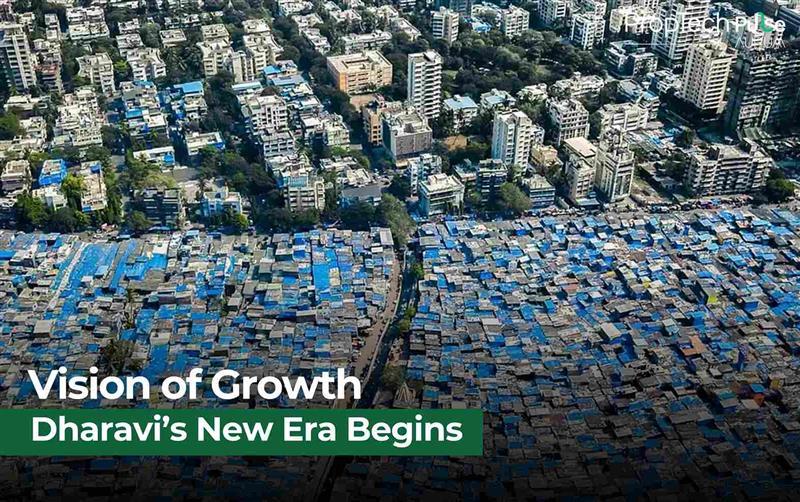
A Landmark Decision for Mumbai’s Heart
In a move that signals a new era for one of Asia’s most iconic urban landscapes, the Maharashtra Cabinet, under the leadership of Chief Minister Devendra Fadnavis, has approved crucial stamp duty concessions for the ambitious Dharavi Redevelopment Project. This decision, announced at a recent cabinet meeting, is set to accelerate the transformation of Dharavi, a sprawling slum in central Mumbai, into a model of integrated urban renewal.
A Vision for Integrated Urban Renewal
At the heart of this transformation lies a dedicated Special Purpose Vehicle (SPV), a joint venture between the Maharashtra state government and the Adani Group. Tasked with spearheading the redevelopment and rehabilitation of Dharavi, the SPV has been recognized as an ‘essential urban and special project.’ This status enables the project to benefit from a policy that offers stamp duty concessions or exemptions, ensuring that bureaucratic hurdles do not impede progress.
Policy-Driven Progress for Dharavi
In line with this policy, the cabinet has granted stamp duty concessions for sub-lease agreements involving the Railway Land Development Authority (RLDA), New Delhi, and the Dharavi Redevelopment Project or the Slum Rehabilitation Authority (SRA), Mumbai. This inclusion is designed to fast-track the project, reflecting the government’s unwavering commitment to revitalizing Dharavi and improving the lives of its residents.
Empowering Mumbai’s Metro Network
Beyond Dharavi, the Maharashtra Cabinet has extended the deadline for loans from the Asian Development Bank (ADB) and the New Development Bank (NDB) for critical Mumbai Metro Lines 2A, 2B, and 7. These metro lines are pivotal to enhancing connectivity across the city. With a total approved loan amount of USD 1,075.74 million—of which USD 549.25 million (Rs 4,304.43 crore) has already been utilized—the extension to December 31, 2026, will allow for the procurement of the remaining 36 metro trains, ensuring the continued expansion of Mumbai’s public transport network.
Metro Lines 2A and 7 are already operational, while work on Line 2B is progressing steadily. This strategic investment underscores the government’s focus on sustainable urban mobility.
Boosting Regional Connectivity: The Virar-Alibag Multimodal Corridor
The cabinet has also approved the first phase of the Virar-Alibag Multimodal Corridor, spanning 96.41 km and to be developed under the ‘Build, Operate and Transfer’ model. The full corridor, stretching 126 km, will connect key areas including Vasai, Bhiwandi, Kalyan, Ambernath, Panvel, Uran, Pen, and Alibag.
This visionary project promises to enhance connectivity between major highways such as the Mumbai-Pune Expressway, Jawaharlal Nehru Port Trust (JNPT), Mumbai Trans Harbour Link, and the upcoming Navi Mumbai International Airport. With a substantial provision of Rs 37,013 crore—Rs 22,250 crore for land acquisition and Rs 14,763 crore towards interest—the corridor is set to redefine regional infrastructure and economic growth.
Unlock the Latest in Real Estate
News, Infographics, Blogs & More! Delivered to your inbox.
“Data that drives action. Insight that inspires action. Technology that empowers action.“
“Data that drives action.
Insight that inspires action.
Technology that empowers action.“









